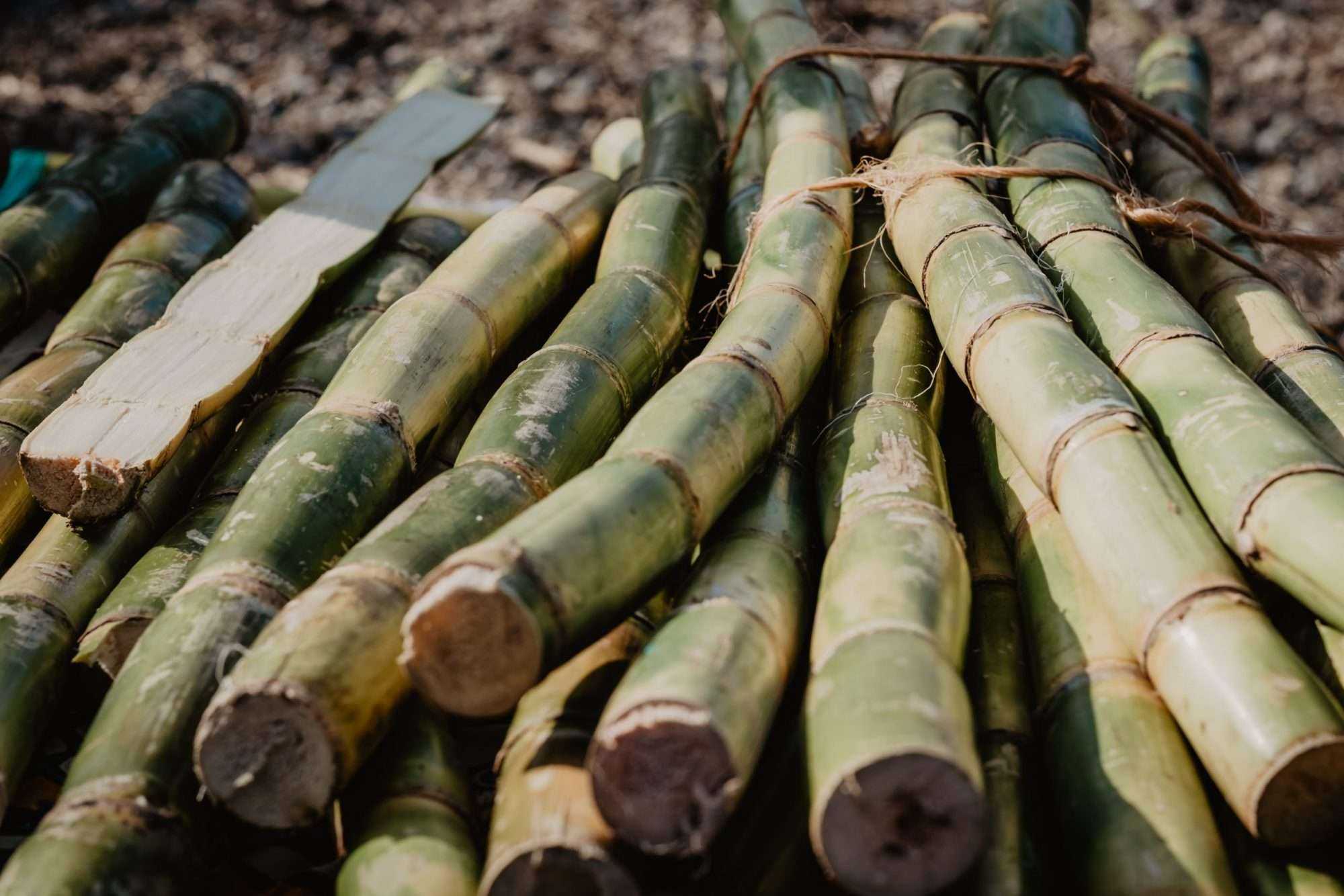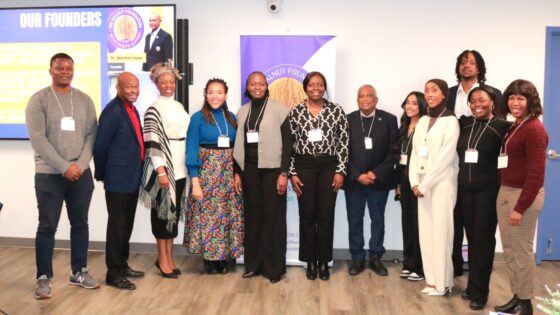on
BY SIMONE J. SMITH
“Brazil will be the last among its peers to shift to electrics and that’s because of ethanol.” Eder Vieito, Senior Commodity Analyst at Green Pool Commodity Specialists
Everywhere you turn now, there is talk of climate change, and the fact that we as humans are the cause of the earth’s demise. In many ways, these statements are true, but what is not being taken into consideration is the fact that products are being peddled by large corporations that are causing the earth more harm than good; case in point electric vehicles.
We hear all of the great things about EV’s, but the dangers are usually breezed over, and forgotten. Today I am going to focus on some of the dangers of EV’s, and one country who remains resistant to the EV revolution.
While EVs are cleaner during their operation, there are concerns about the environmental impact of producing lithium-ion batteries, which require mining and processing of rare minerals. This point cannot be denied; electric vehicles and other clean energy technologies often rely on rare earth elements and are challenging to mine and process due to their scarcity and potential environmental impacts.
The production of electric vehicle batteries is resource-intensive and has environmental consequences. The mining and processing of raw materials like lithium, cobalt, and nickel can lead to habitat destruction, water pollution, and other environmental issues. Additionally, some of these materials are sourced from countries with lax environmental regulations. Proper recycling and disposal of these batteries are also significant concerns.
As governments in many of the world’s other top economies lay out detailed plans to eventually end the sale of combustion-engine cars and focus on producing more electric vehicles (completely going against this fight to stop climate change) Brazil is saying NO! Instead, Brazil’s most popular car models are called flexible-fuel vehicles capable of running completely on biofuel produced from sugar cane, making them by most accounts cleaner than pure gasoline engines. Brazil’s plan is to reduce its reliance on cars that run entirely on gasoline, but it won’t touch the beloved flex-fuel models.
For two decades, Brazil’s unique solution to curb tailpipe emissions — specialty cars powered by any mix of gasoline and ethanol — helped it boast a fraction of the roadway pollution of other countries its size. Since their introduction 20 years ago, flex-fuel cars have become dominant in Brazil, making up a whopping 84.5% of all auto sales in June, according to the Brazilian Association of Automotive Vehicle Manufacturers, known as Anfavea. By 2030, battery-electric vehicles will account for around 7% of the light vehicles sold in Brazil, Bright Consulting projects, far below the expected world average of 37%.
Pure ethanol cars first arrived on Brazilian streets in 1979 when Fiat, the brand now owned by Stellantis NV, introduced a biofuel-powered model. Several powerful industrial and political forces were behind the move. This production offered Brazil a way to better shield itself from future petroleum shortages like the one that decimated its economy earlier that decade.
The push into ethanol cars also created a massive new market for the influential five-century-old sugar industry. The sector has deep political connections that are embedded in the nation’s history: Sugar gave birth to Brazil’s very first agricultural elite in a time when landowners profited by exploiting the work of enslaved people trafficked from Africa. This year, Brazil’s sugar-cane production and its subproducts will be worth 105.6 billion Brazilian reais ($22 billion).
Ethanol can be produced from a variety of renewable resources, such as corn, sugarcane, and other plant materials. This flexibility in feedstock allows countries to reduce their dependence on fossil fuels and potentially promote local agriculture. In some regions, there is already an established infrastructure for distributing and selling ethanol-blended fuels. This means that, in some cases, transitioning to ethanol-run cars might require less initial investment compared to setting up an extensive electric vehicle charging network.
Ethanol is considered a biofuel, and it offers a reduction in carbon emissions compared to conventional gasoline when considering its full life cycle (i.e., from production to consumption). Now, does this not sound like a healthier option for our earth?
It is one of the reasons that Brazil has slowly adopted EVs. It isn’t a fluke. Big-name automakers, the prominent sugar industry and government authorities are pushing hard to keep ethanol in drivers’ gas tanks. That support takes several forms: a series of pro-ethanol regulations, including lower taxes than gasoline at the pump and a federal carbon-credit program that essentially rewards ethanol mills, plus scant investment in the charging infrastructure or battery production needed to make widespread acceptance of EVs a reality.
The discussion about electric cars is “Very important for Brazil and for the world,” said Renan Filho, Brazil’s transport minister. But ethanol should be part of the conversation, too, he said. “Ethanol emits much less.”
Let’s be real; ethanol run cars are a problem for global auto giants peddling electric vehicles.
Stay in the loop with exclusive news, stories, and insights—delivered straight to your inbox. No fluff, just real content that matters. Sign up today!
We, as humans are guaranteed certain things in life: stressors, taxes, bills and death are the first thoughts that pop to mind. It is not uncommon that many people find a hard time dealing with these daily life stressors, and at times will find themselves losing control over their lives. Simone Jennifer Smith’s great passion is using the gifts that have been given to her, to help educate her clients on how to live meaningful lives. The Hear to Help Team consists of powerfully motivated individuals, who like Simone, see that there is a need in this world; a need for real connection. As the founder and Director of Hear 2 Help, Simone leads a team that goes out into the community day to day, servicing families with their educational, legal and mental health needs.Her dedication shows in her Toronto Caribbean newspaper articles, and in her role as a host on the TCN TV Network.













